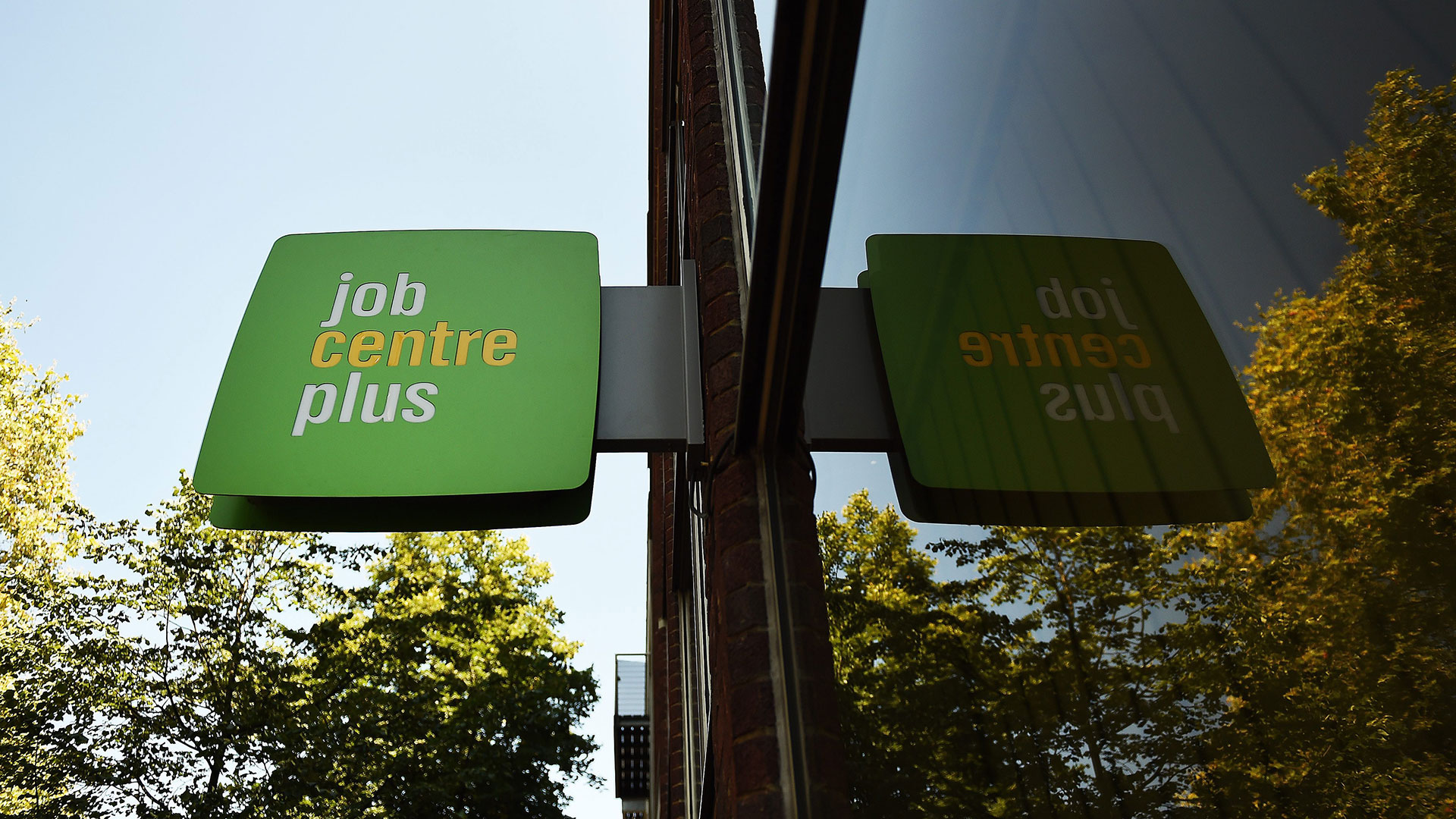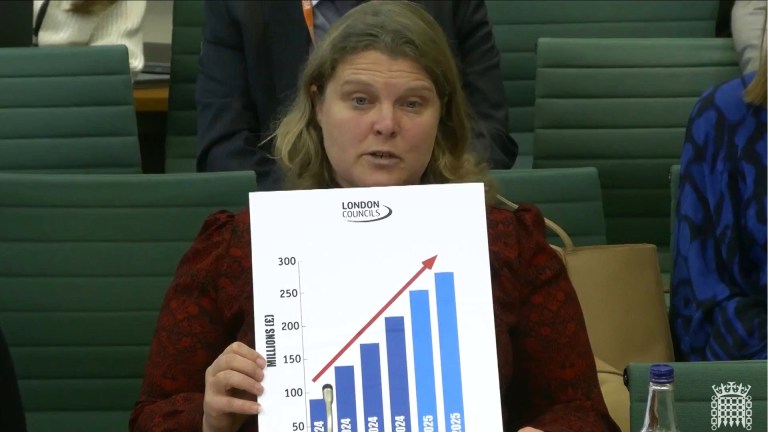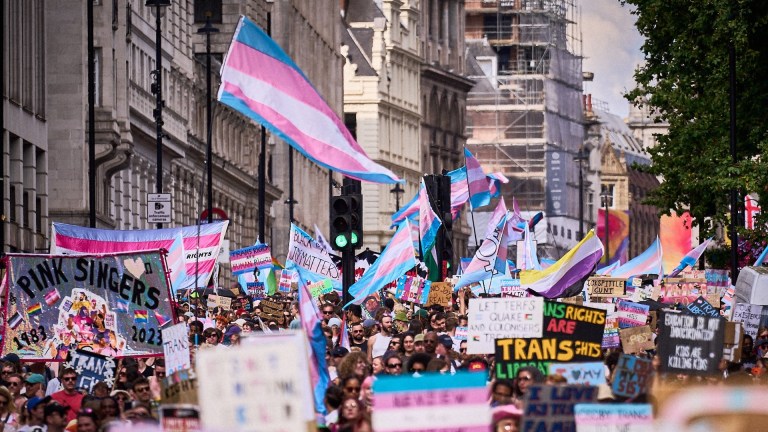There was also evidence that disabled people have been hit by increased costs during the pandemic – with an April survey from the Disability Benefits Consortium reporting that was the case for 95 per cent of the 224 people they quizzed.
It’s simply not right for people to miss out on support just because they happen, through no fault of their own, to be claiming the ‘wrong’ kind of benefit
The DWP have blamed operational difficulties on their inability to raise the rates for the largely paper-based Jobseekers Allowance, Employment Support Allowance and Child Tax Credits. But the committee have argued that it is “unacceptable” that people on the legacy benefits are left facing hardship through no fault of their own.
The government should boost the rates by the same amount as Universal Credit and backdate it to April, says Timms.
“DWP’s frontline staff have worked hard to get support to millions of people. Without their actions, the impact of the pandemic could have been much worse,” he said. “But the coronavirus pandemic has highlighted weaknesses in a social security system which at times is too inflexible and slow to adapt to support people in times of crisis.
“The focus has mostly been on the unprecedented numbers of new claims for Universal Credit. But in the background, people on legacy benefits — including disabled people, carers and people with young families — have slipped down the list of priorities.
“It’s now time for the government to redress that balance and increase legacy benefits too. It’s simply not right for people to miss out on support just because they happen, through no fault of their own, to be claiming the ‘wrong’ kind of benefit.”
Advertising helps fund Big Issue’s mission to end poverty
Covid-19 has made the situation even more dire for people with No Recourse to Public Funds (NRPF).
The Children’s Society estimates that one million people, including 100,000 children, have no access to the social safety net because of their immigration status and Boris Johnson memorably struggled to get his head around the policy in a Liaison Committee hearing last month.
Timms is calling for the immediate suspension of NRPF during the pandemic. It’s a call echoed by The Big Issue Foundation, our charitable arm, which last week co-signed an open letter calling for action for the second time during the Covid-19 lockdown. More than 100 individuals and organisations added their name to the letter, including Big Issue Changemakers Museum of Homelessness and rights campaigners Just Fair.
Timms added: “People whose immigration status leaves them with no recourse to public funds have been left with no support from the benefits system at all – and at risk of destitution and homelessness. Some have had to face the invidious choice between staying at home and facing financial ruin, for themselves and their children, or going to work and risking spreading the disease. The government must suspend these rules for the duration of the pandemic.”
A Department of Work and Pensions spokesperson said that Universal Credit has been more resilient that the paper-based legacy system, paying 90 per cent of people in full and on time. They said, “We rolled out measures that could be quickly and effectively put into place and that benefited those facing the most financial disruption.”
Advertising helps fund Big Issue’s mission to end poverty
But the Work and Pensions Committee recommendations have been backed by Dame Gillian Guy, chief executive of Citizens Advice. She said: “Universal Credit has been front and centre of support for people during this pandemic, and decisive action from the government means hundreds of thousands have been able to access this important safety net. However, there are still millions who receive legacy benefits, such as Jobseeker’s Allowance and Employment Support Allowance, who’ve been forgotten.
“No one suffering hardship because of coronavirus should be left behind.”
Image: EPA/Andy Rain










